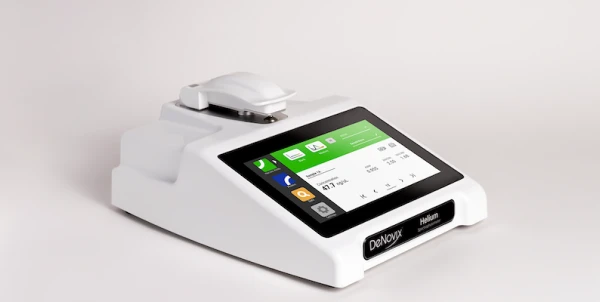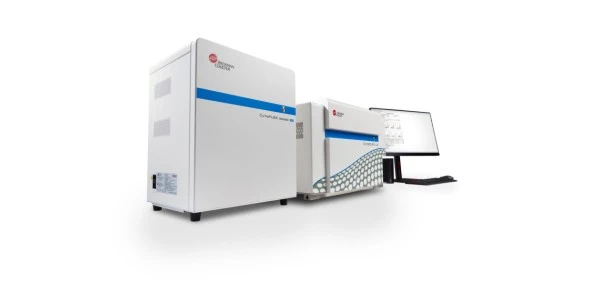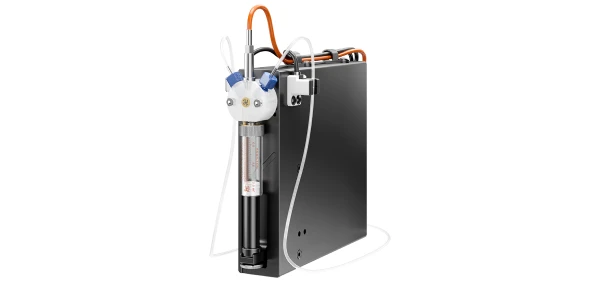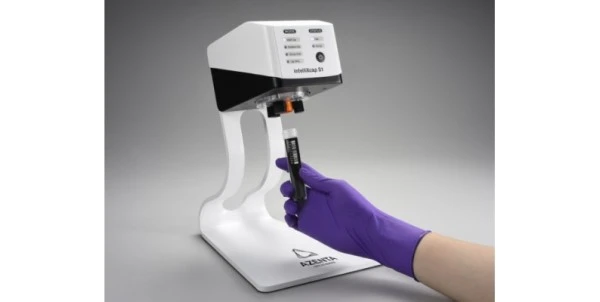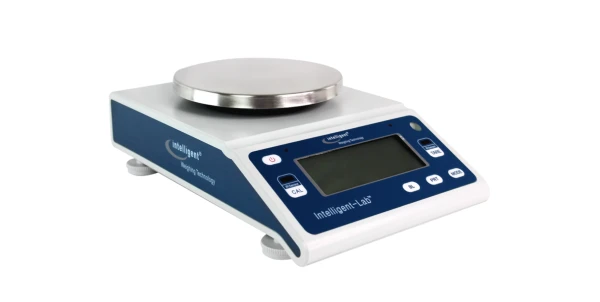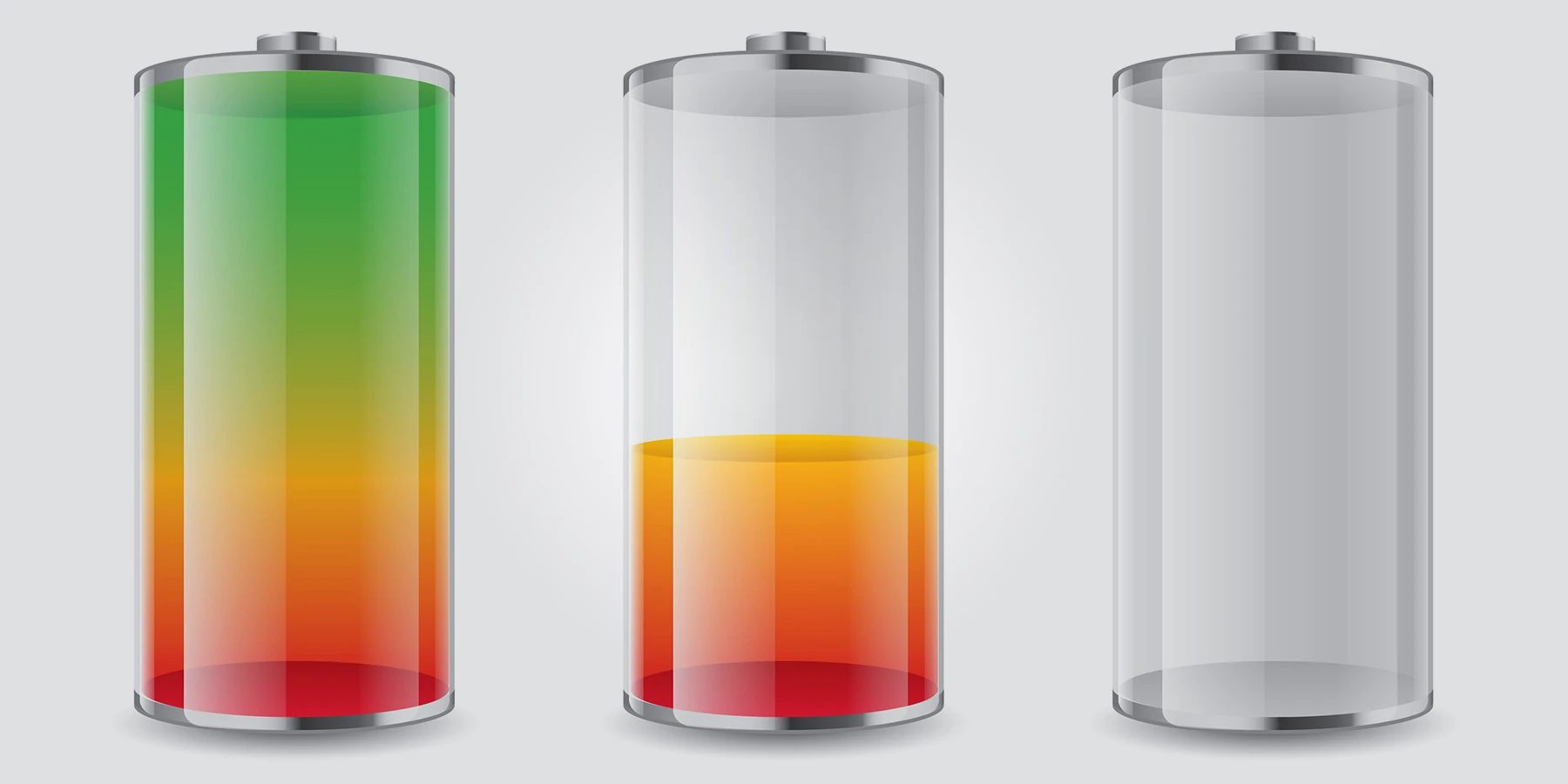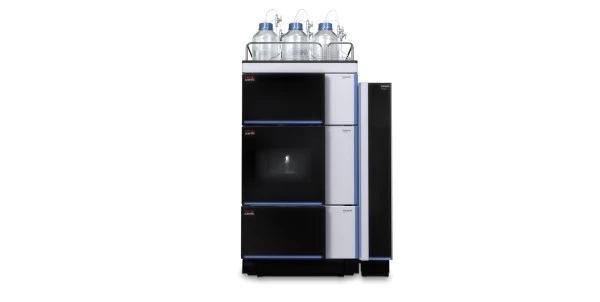The Implications of Cannabidiol and the Brain
Cannabidiol (CBD) is the second most abundant cannabinoid behind the infamous THC. It demonstrates unique activity upon CB1 and CB2 receptors and has markedly different effects on endocannabinoid signalling in the body.
What sets CBD apart medicinally is that it is non-psychoactive and possesses a broad and unique set of potential therapeutic applications. There are number of CBD-based therapeutics in various stages of development and, despite the significance and interest, much less is known about the mechanisms of action of CBD, particularly on the brain and nervous system.
The potential of CBD for neurological applications is prolific. The first plant-based CBD drug of its kind, Epidiolex, is currently in clinical trials as anti-seizure medication for the treatment of Dravet and Lennox-Gastaut syndrome. (Update: FDA-approval of the first cannabis-derived CBD prescription drug was followed closely by rescheduling of Epidiolex from a DEA Class 1 to Class 5 drug – allowing the CBD medication to be legally prescribed and further research to potentially ensue).
Through animal studies, CBD has been linked to neuroprotective, anti-inflammatory, and analgesic activities – and may be useful as an opioid adjuvant or substitute. CBD may also prove useful in the treatment of mood disorders including: depression, anxiety, and bipolar. Of course, a highly regarded potential use of CBD is for previously untreatable forms of childhood epilepsy.
Interestingly, the broad range of potential uses coincides with the lack of definitive information into the effects of CBD in the body. This has been compounded no less by the restrictions on research and the limited scope of clinical investigations to this point.
It is believed that CBD affects many different receptor systems in the brain, beyond those affected by THC. The braod range of potential applications may stem from promiscuous receptor binding activities and modulation of endocannabinoids in the body through inhibition of breakdown enzymes. CDB indirectly and preferentially activates CB1 receptors, thereby enhancing neuroprotective and anti-inflammatory processes while negating memory loss, paranoia, and other effects associated with THC and CB2 receptor binding.
Importantly, CBD shows affinity towards opioid and dopamine receptors as well, pointing towards the observed impact of CBD on pain relief, addiction, and reward seeking behavior or drug cravings. On step further, CBD has been implicated in activation of serotonin receptors in the brain, likely underlying the anti-anxiety activities.
One interaction in particular, serotonin 1A receptor activation, may account for a large dose of medicinal applications including: opioid dependence, neuropathic pain, depression and anxiety, nausea and vomiting from chemotherapy, negative symptoms of schizophrenia, and others.
The broad potential therapeutic profile and ongoing clinical trials indicate that many of the true medicinal qualities of CBD will soon come to light. The implications are significant for the treatment of challenging disorders and for those that have very limited alternatives.
